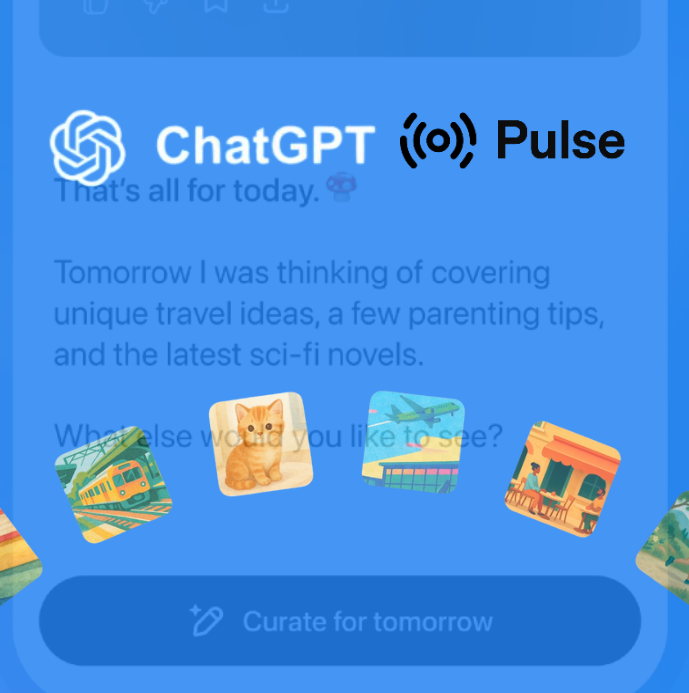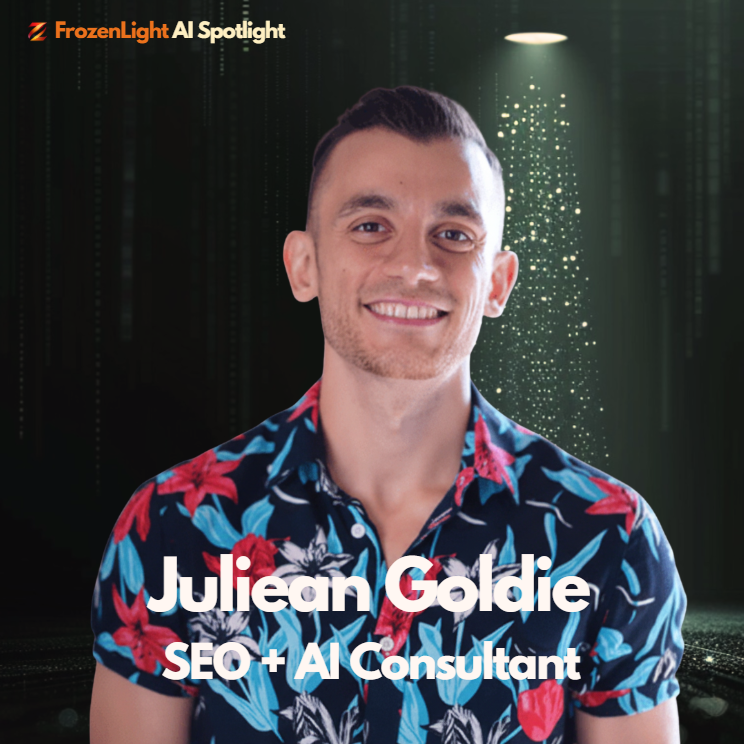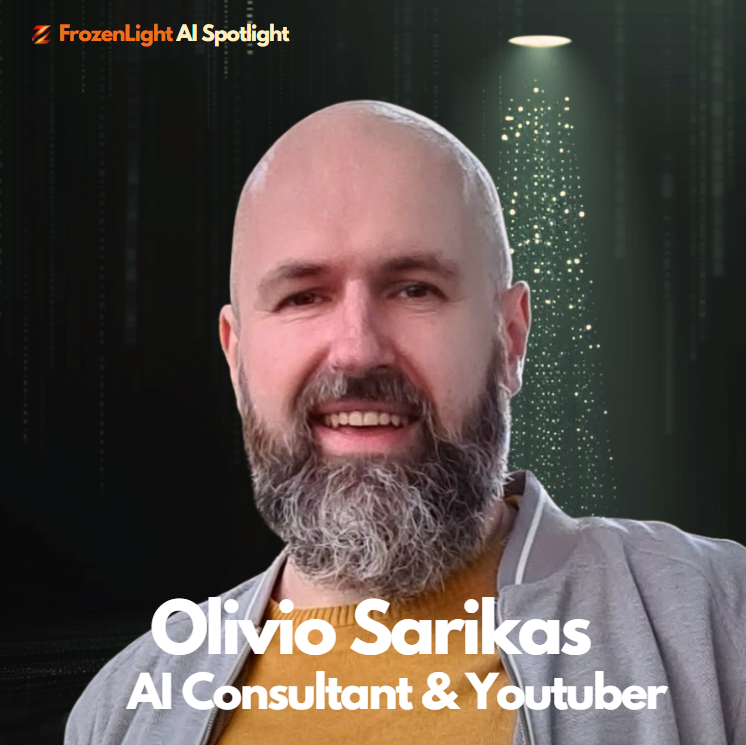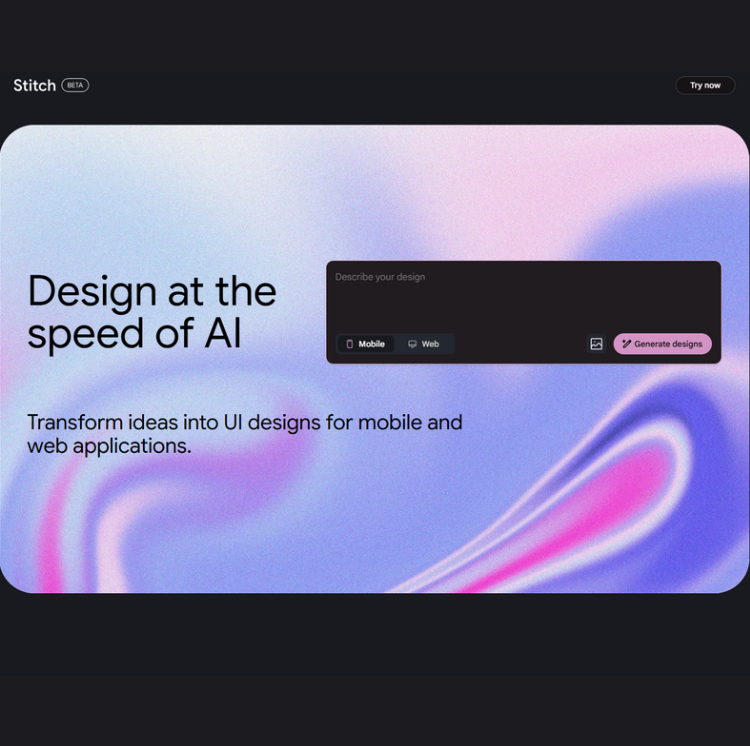Google has begun rolling out a new experimental feature: AI‑generated Audio Overviews, in the style of fake podcast, embedded directly in Search results.
What Google Is Saying
Google introduced Audio Overviews through its Search Labs program starting June 13, 2025. Using its latest Gemini AI models, the feature offers “quick, conversational audio overviews” for select queries, especially when Google predicts users may prefer a spoken summary. A “Generate Audio Overview” button appears beneath the “People also ask” section - once tapped, results appear in an inline audio player that includes playback controls, estimated duration, and cited sources 
Image source: Google
The player also displays links to referenced web pages, encouraging users to dive deeper if they choose .
What That Means (In Human Words)
Google is testing a podcast‑style explainer, generated on demand, that reads back info sourced from search results. It’s like having a mini narrated summary - useful if you're on the go or multitasking. But it's only available in English, in the U.S., and to users enrolled in the Labs program for now.
What’s New Here?
This is Google’s first audio-first AI feature directly in Search, extending beyond existing text Overviews. It builds on earlier tools like NotebookLM and Gemini-based audio summaries but merges them with mainstream Search functionality.
SEO, AI, and Why Google Might Be Testing This
With text Overviews already reducing clicks to websites, audio summaries could deepen that trend - especially among auditory learners. For SEO professionals, this means optimizing not just for text snippets, but creating content that the Gemini engine can read clearly and accurately.
Here's how Audio Overviews stack up against traditional Search:
| Feature | Traditional SEO Focus | AI Audio‑Era Focus |
|---|---|---|
| Optimization Target | Clicks, backlinks, keywords | Clear, spoken‑phrase structure, readability |
| Success Metrics | Traffic, CTR | “Citations” in audio vs. site visits |
| Risk if Ignored | Lower SERP position | No audio mention → invisible in voice results |
🧠 Why Google Cares & You Should Too
Voice-driven information is booming-from smart speakers to AI assistants. But with audio summaries, we’re entering territory that’s even harder to monetize than traditional text.
Here’s the issue:
-
Users hear the answer, but don’t click.
-
Publishers get cited, but don’t get traffic.
-
There’s no room for display ads, pop-ups, or subscriptions in an audio blurb.
-
Even affiliate links are irrelevant if the user never visits your site.
For content creators, this means less visibility, fewer conversions, and uncertain revenue.
Google, meanwhile, gets to control the experience-owning both the platform and the summary-while encouraging feedback from users, not publishers.
By testing AI-powered audio in Search, Google isn’t just helping users-it’s redefining the value chain of online content.
The question is no longer “How do I rank?”
It’s becoming: “How do I get heard-and paid-for it?”
✅ Bottom Line
-
Audio Overviews debuted June 13, 2025, via Google Search Labs.
-
Available only in English, to U.S. mobile users in Search Labs.
-
Summaries are generated on demand, via Gemini AI, with citations and learn‑more links.
-
Feedback is collected via thumbs‑up/down in the Labs interface.
🎯 SEO Takeaway
To appear in AI audio summaries:
-
Structure content with clear, spoken‑style phrases.
-
Use concise headings, bullet lists, Q&A formats.
-
Ensure authority and citation readiness-your pages must serve as reliable sources.
❄️Stop the AI cult - using the power of perspective
Frozen Light Team Perspective
We’re watching another line blur.
Google’s new Audio Overviews make information feel even more immediate-spoken to you, not just shown. That’s a powerful shift, especially for accessibility, multitasking, and learning on the go.
But let’s not skip the harder questions.
🟢 The Pros
-
Accessibility win: People with visual impairments or reading difficulties benefit.
-
Time-saving: You get a quick overview while doing other things.
-
Efficient summaries: Ideal for queries where the answer is factual and static.
🔴 The Cons
-
No clicks, no credit: Sites get cited but often not visited.
-
Zero monetization: No ads, no subscriptions, no measurable conversions.
-
Opaque sourcing: Will listeners know where the info came from? Will they care?
This isn’t about being pro- or anti-AI. It’s about critical thinking in how these tools reshape information flow-and value.
For content creators, educators, and journalists, this moment is a reminder:
When machines tell the story, who gets heard? And who gets left behind?
There’s opportunity here-but also erosion.
We’re not saying don’t innovate.
We’re saying: innovate with intent.
Transparency, fair attribution, and new monetization models aren’t just features-they’re foundations. Without them, even the most helpful AI can become a quiet threat.
Let’s keep the voice.
But let’s not lose the signal.
What do you think?
Come share your take with us in the Frozen Light community








